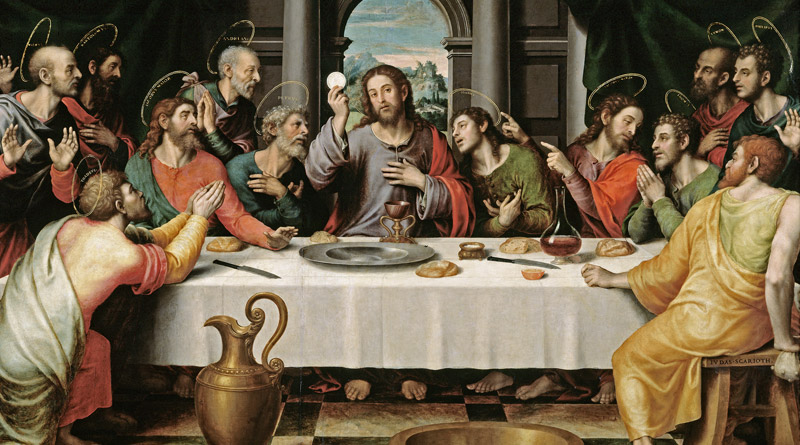In the creation God commanded the plants of the earth to bring forth fruit, each after its kind; and in a similar way He commands Christians, who are the living plants of His Church, to bring forth the fruits of devotion, each according to his calling and vocation. There is a different practice of devotion for the gentleman and the mechanic; for the prince and the servant; for the wife, the maiden, and the widow; and still further, the practice of devotion must be adapted to the capabilities, the engagements, and the duties of each individual. It would not do were the Bishop to adopt a Carthusian solitude, or if the father of a family refused like the Capuchins to save money; if the artisan spent his whole time in church like the professed religious; or the latter were to expose himself to all manner of society in his neighbor’s behalf as the Bishop must do. Such devotion would be inconsistent and ridiculous. Yet this kind of mistake is not unfrequently made, and the world being either not able, or not willing, to distinguish between true devotion and the indiscretion of false devotees, condemns that devotion which nevertheless has no share in these inconsistencies.
No, my Philothea, true devotion hinders no one, but rather it perfects everything, and whenever it is out of keeping with any person’s legitimate vocation, it must be spurious. Aristotle says that the bee extracts honey from the flowers without injuring them, leaving them as fresh and whole as she finds them; but true devotion does still better, for it not only hinders no duty or vocation, but on the contrary it adorns and purifies them. Throw precious stones into honey, and the natural color of each will wax more brilliant; and so every individual adorns his vocation by following it with devotion; domestic peace is assured, conjugal love strengthened, fidelity to our sovereign more closely treasured, and all occupations rendered more acceptable and agreeable. It is not merely an error but a heresy to suppose that a devout life is necessarily banished from the soldier’s camp, the merchant’s shop, the prince’s court, or the domestic hearth. Doubtless that form of devotion which is purely contemplative, monastic and religious, will not accord with their vocations, but there are other forms of devotion suitable to perfect a secular life.
This we may learn from the example of Abraham, Isaac, and Jacob, David, Job, Tobias, Sarah, Rebecca, and Judith in the Old Dispensation and in the New from St. Joseph, Lydia and St. Crispin in their trades; from St. Anne, St. Martha, St. Monica, Aquila and Priscilla in their households; Cornelius, St. Sebastian and St. Maurice in their military charges; and from Constantine, St. Helena, St. Louis, and St. Edward, on their thrones. Some even have prospered better amidst the multitude which seems so ill-suited for holiness, than in solitude which appears its most likely soil. Thus St. Gregory remarks that Lot remained chaste whilst in Sodom, and fell into sin after he had forsaken it. Wheresoever we may be, we may and should aim at a life of perfect devotion.
This article is taken from a chapter in Introduction to the Devout Life by St. Francis de Sales, which is available from TAN Books.







